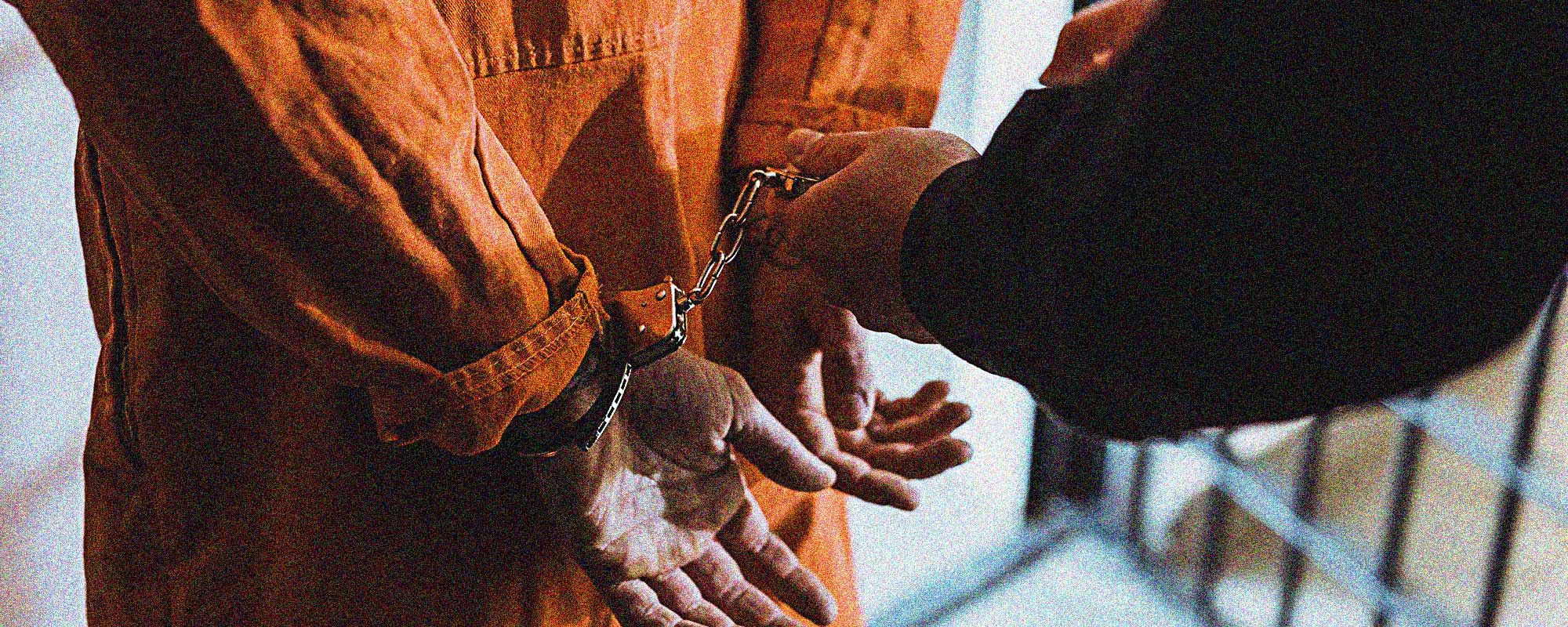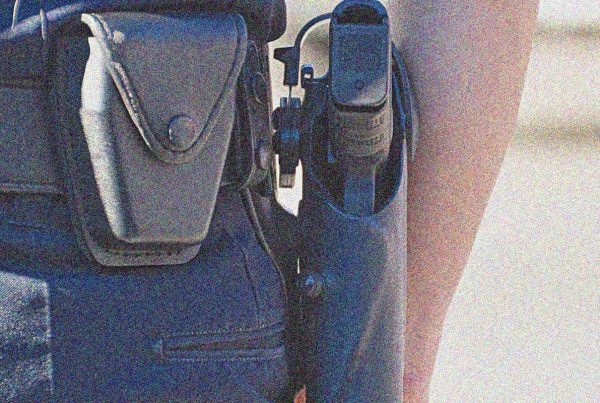La Cour suprême du Canada a rendu son arrêt dans l'affaire Dorsey c. Canada (Procureur général)Le Conseil de l'Union européenne a adopté aujourd'hui la résolution 2025 SCC 38. L'ACLC était un intervenant dans cette affaire. Ce recours concernait la portée de la habeas corpusLa loi sur les droits de l'homme, souvent appelée "grand texte de la liberté", a été adoptée par l'Assemblée générale des Nations unies. Habeas est un moyen pour une personne privée de sa liberté par l'État de contester la légalité de cette privation et de demander réparation.
Dans cette affaire, la question était de savoir si, dans le contexte carcéral, "la décision de maintenir une forme particulière et plus restrictive d'enfermement au lieu de placer un détenu dans un établissement de moindre sécurité entraîne une privation de liberté", ce qui signifierait qu'une personne pourrait contester cette décision en vertu de la loi sur l'accès à l'information et la protection des données. habeas (paragraphe 6). Reflétant les arguments de l'ACLC, la Cour a statué qu'une telle décision constituerait une privation de liberté et pourrait être contestée en vertu de la loi sur la protection des droits de l'homme et des libertés fondamentales. habeas. La Cour a également affirmé que parce que "habeus corpus En dépit des garanties contre les restrictions injustifiées de la liberté, la jurisprudence est restée résolue à maintenir le caractère large et accessible de l'ordonnance" (paragraphe 34).
Vous pouvez lire l'arrêt de la Cour ici et le mémoire de l'ACLC ici. Nous sommes reconnaissants pour l'excellente pro bono représentation de Dan Goudge et Nader Hasan de Stockwoods LLP dans cette affaire.
À propos de l’association canadienne sur les libertés civiles
L’ACLC est un organisme indépendant à but non lucratif qui compte des sympathisant.e.s dans tout le pays. Fondé en 1964, c’est un organisme qui œuvre à l’échelle du Canada à la protection des droits et des libertés civiles de toute sa population.
Pour les médias
Pour d'autres commentaires, veuillez nous contacter à media@ccla.org.
Pour les mises à jour en direct
Veuillez continuer à vous référer à cette page et à nos plateformes de médias sociaux. On est dessus Instagram, Facebook, Twitter et Ciel bleu.





